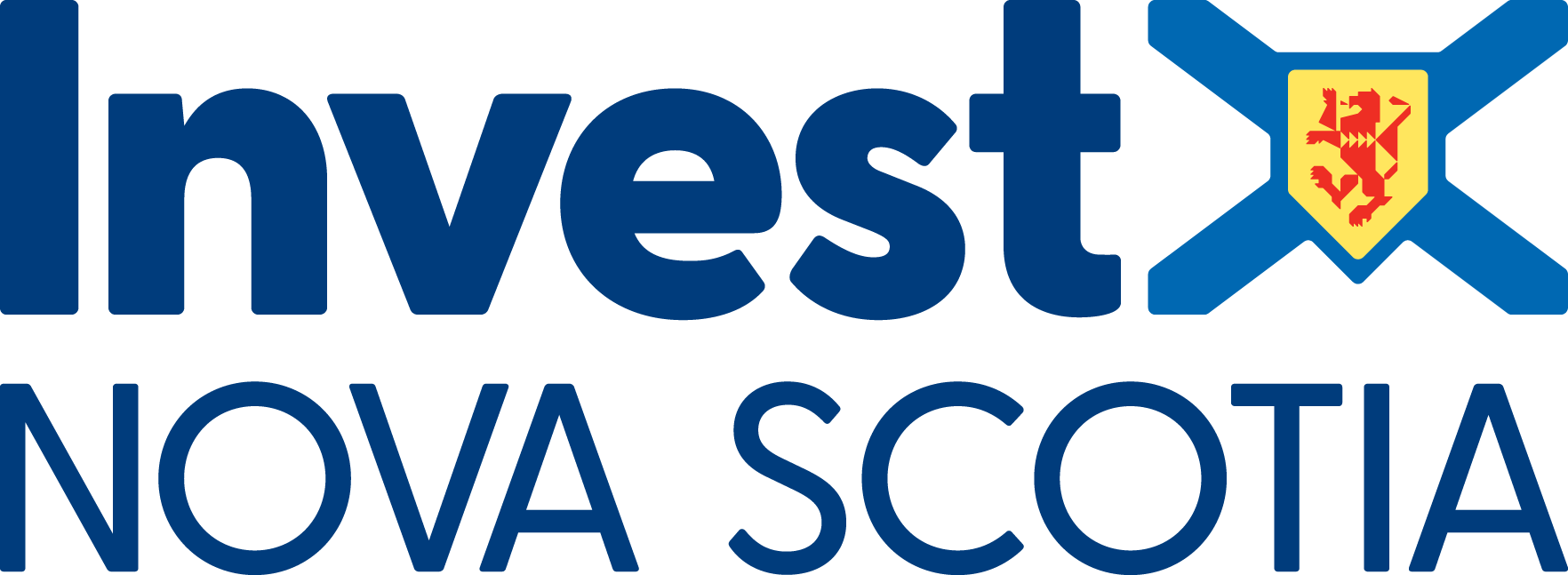Forget empowerment: Supporting women in business is about access, opportunity and impact
Tuesday, October 16, 2018
REGISTER: Join NSBI, Silvia and Cassandra in Cape Breton, July 11 2019 to learn how your business can benefit from supplier diversity!
You can’t learn to swim without getting in the water. Similarly, businesses can’t learn how to grow and compete without winning sales contracts and finding opportunities to break into supply chains. National organizations like Women Business Enterprises Canada (WBE) and Canadian Aboriginal and Minority Supplier Council (CAMSC) are focused on improving access to opportunities and opening doors for underrepresented groups.
“I often hear about empowerment, but women don’t need empowerment. They are already powerful. What they need is access to contracts. They need procurement deals. And they need money in the bank to support their business. Once they secure a deal, they’ll grow and learn and figure things out, but first, they need that opportunity,” says Silvia Pencak, President of WBE Canada.
“Traditionally, women have had a harder time breaking into large corporations, getting contracts and building business relationships because we simply weren’t at the table. Supplier diversity helps open the door. Women and minority-owned business are now being given access to government and big-business procurement where they normally wouldn’t. Momentum is building, but there’s still a long way to go.”
Celebrating Women-owned Business in Nova Scotia
Supplier Diversity is a relatively new business practice that encourages the use of a diverse supplier-base, including companies that are owned by women, visible minorities, and any demographic traditionally underrepresented in major corporate supply chains. Currently, underrepresented groups are starting businesses at a growing rate, and Canadian women are starting businesses at a higher rate than their counterparts in all G20 countries.
At the same time, just 1% of large Canadian corporations are committed to supplier diversity.
“There’s a misconception among many Canadian companies that their supply chains are already diverse. But when we do the research, we see that they are not. Underrepresented groups are not at the table and now we have the data to show it. They often don’t have access to the big contracts, but when they do, all businesses are more successful,” says Cassandra Dorrington, President and CEO of CAMSC.
Read about Nova Box, a woman-owned Nova Scotia business curating Nova Scotia products and selling specialty gift boxes not only locally, but across Canada and into the US and Europe.
According to RBC Canada, it’s estimated that a 10% increase in the number of women-owned small and medium-sized enterprises would add an additional $198 billion to Canada’s economy.
“There are plenty of studies done that look at what happens when women-owned businesses grow. We invest, we give back, we hire and we spend. It impacts everyone and there is a tremendous impact. It’s not about being fair or doing someone a favor, it’s about doing what just makes business sense. If you have diversity in your customers and in your shareholders, that should be reflected in your suppliers. If you’re selling to women, you want women-owned organizations in your supply chain, and both governments and corporates are starting to see the value in that,” says Dorrington.
Read about 7 Virtues, a global beauty company from Nova Scotia founded by Barb Stegemann.
But it’s not just about getting into supply chains. Women in leadership positions also have a proven positive return for business. In a study done by Catalyst, companies that have more women on Boards showed better financial results than those who had fewer, and companies with strong female leadership had a higher return-on-equity than companies without.
It’s clear that having more successful female leaders and entrepreneurs makes for smarter business, stronger communities, and a better economy overall. So how can we support women entrepreneurs and help them take their business to the next level? The approach is beginning to shift more towards action and results, and Silvia Pencak at WBE Canada is focused on just that.
“We need to change the conversation from helping women ‘figure things out’ and doing all of this work inside a vacuum, to helping them really get out there where business deals are made. Women need more opportunities and contracts, and that’s what we’re working to change.”
About WBE Canada
WBE Canada is a non-profit organization certifying Women Business Enterprises (WBEs). WBE certification confirms that business is 51% or more owned, managed and controlled by women. Certification enables WBEs to access corporate and government supply chains under a supplier diversity program. WBE Canada provides training, networking opportunities and support for both, WBEs and Corporate Members. To learn more about WBE Canada, visit www.WBECanada.ca.
About Canadian Aboriginal and Minority Supplier Council (CAMSC)
AMSC operates as a private sector-led, non-profit membership organization governed by a board of Directors; comprised of major multinational corporations operating in Canada. The organization aims to boost economic development efforts and employment. To learn more about CAMSC, visit www.camsc.ca.





